From youth romances to mid-life melos: K-drama and storytelling perspectives
by missvictrix

Nevertheless
Is age just a number? We often talk about age in K-dramas as it relates to romantic relationships, but what if we take a step back and look at how the age of the drama’s main characters affects the type of story we get? It’s something we don’t talk about much, but it carries some interesting insight into each drama’s storytelling, and even the kind of stories we enjoy.
Without even thinking about it, the age demographic of our main character immediately colors the sort of story we find (or think we’ll find), how we relate to it, what we can expect from it — and even what we can learn from it. These are assumptions we automatically make about a story when we hear about its premise. Happy, first love vibes from our youth drama, the ambitious and optimistic energy from the main body of dramas that feature characters in their 20s, the thoughtful and mature outlook from dramas about mid-life, and the reflection and wisdom in stories about elders.
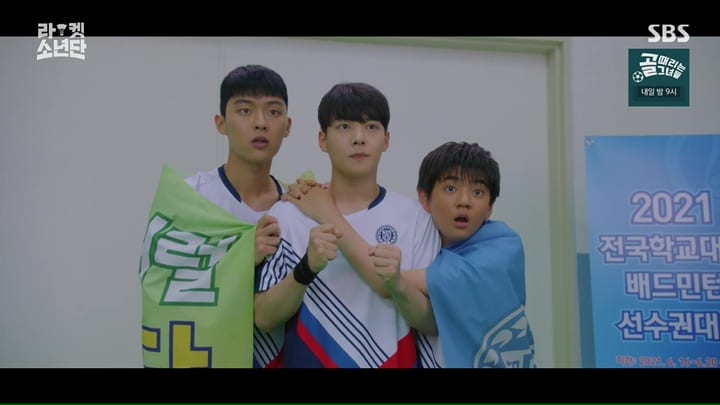
Racket Boys
I’m making some sweeping generalizations, yes — not because there aren’t exceptions (and there should be!), but because the phase and chapter of a character’s life does have an impact on the story that’s told.
But actually, the age of the main character doesn’t define the genre — after all, there are horror stories with children protagonists, stories about mid-life characters that are anything but mature (ahem, A Couple’s World), and there are youth dramas that are anything but hopeful. Instead, what we get consistently from each story, and the main character’s demographic, isn’t genre, but storytelling perspective.
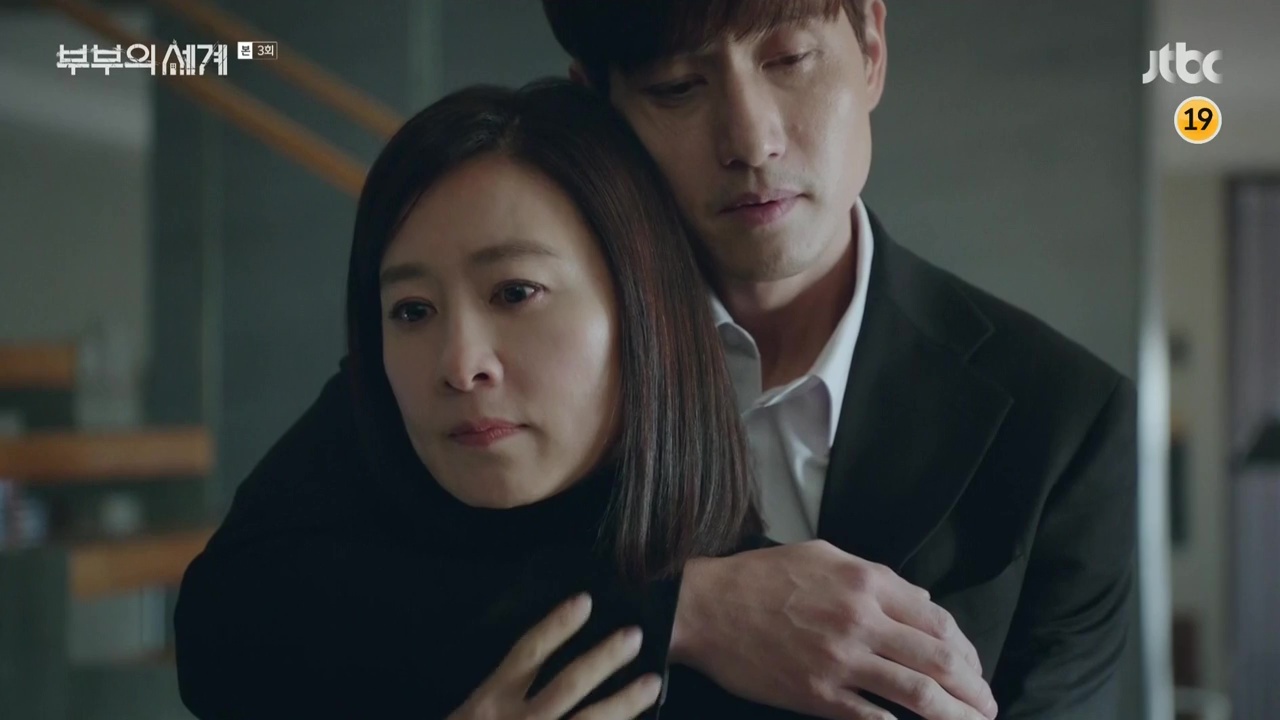
A Couple’s World
If we take a look at youth and high school dramas, from the heartwarming (Racket Boys) to the dark (Extracurricular) to the light-hearted and fun (School 2017), one thing the age range of their protagonists has in common is their youthful perspective while navigating life, love, and hardships. The degree of those struggles change a lot depending on the story’s ethos, but their age also acts as a constraint on the storytelling perspective we’ll get.
It’s similar for our campus dramas. Here I would compare three very different stories — Cheese in the Trap, Weightlifting Fairy Kim Bok-joo, and Nevertheless. All three stories take place on campus and feature a heroine that flounders her way through life and love with varying degrees of grace. Again, very different stories, with very different tones. But what they have in common is that moment in life that is so well-captured by stories about college-age students.
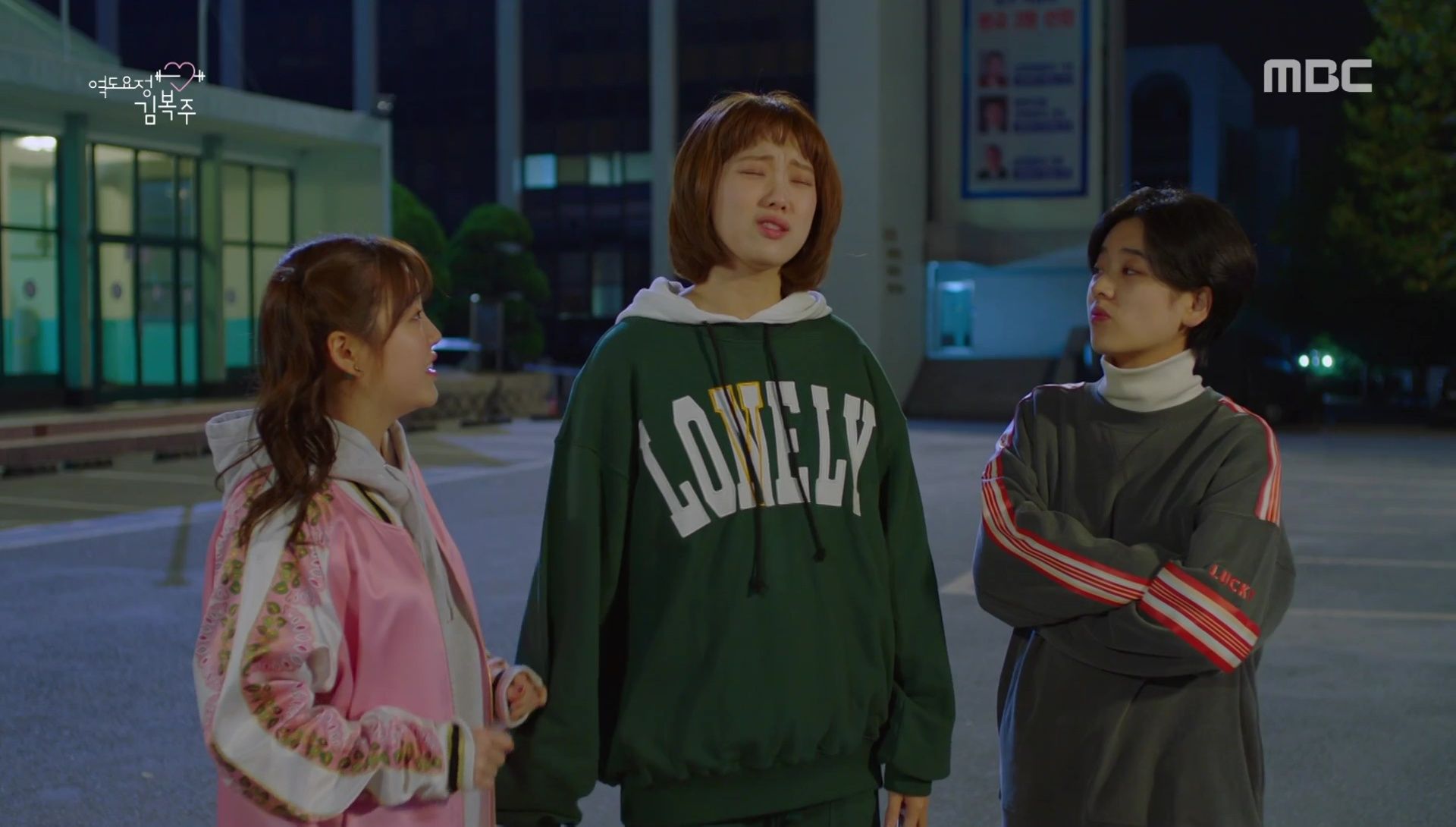
Weightlifting Fairy Kim Bok-ju
The bulk of stories — and especially dramas — seem to settle on the 20s and 30s as the most fundamental and broadly relatable age demographic. Here we again have a wide range of stories, from revenge melos, to thrillers, to workplace comedies and virtually all rom-coms.
But what is it that makes stories with protagonists in this age bracket so, well, #relatable? Is it because it’s the median age? The most “neutral” age range for storytelling? Or maybe even the most desirable? A story about a character in his/her 20s and 30s requires almost no leveling when you watch. If you think about it, it just might be the kind of story with the smallest barrier to entry.
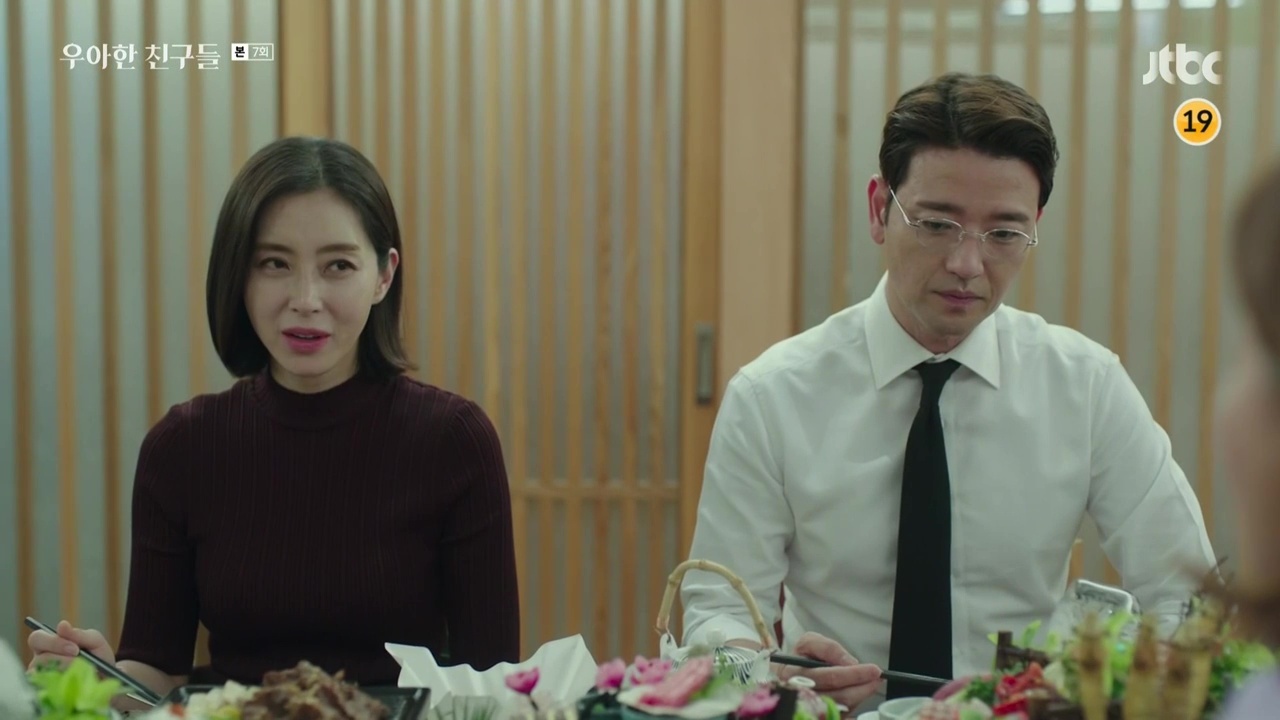
Graceful Friends
In contrast to the neutral storytelling age of the 20s and 30s, dramas about characters in mid-life (and beyond) give us a different sort of story. From broken marriages (On the Way to the Airport), to long-kept secrets and marital chaos (Mine), to workplace dramas (On the Verge of Insanity) — without even realizing it, there is a certain gravity we expect from these stories. The main characters, being in their 40s and 50s, are generally more settled in life, and are married, have children, a career — and most importantly, a past.
I have a soft spot for stories about characters in/around mid-life for this very reason. Whether their younger years come back to haunt them (Graceful Friends), or if their past informs the choices they make in the present (When My Love Blooms), it’s a very different character that has already lived through a few decades of life.
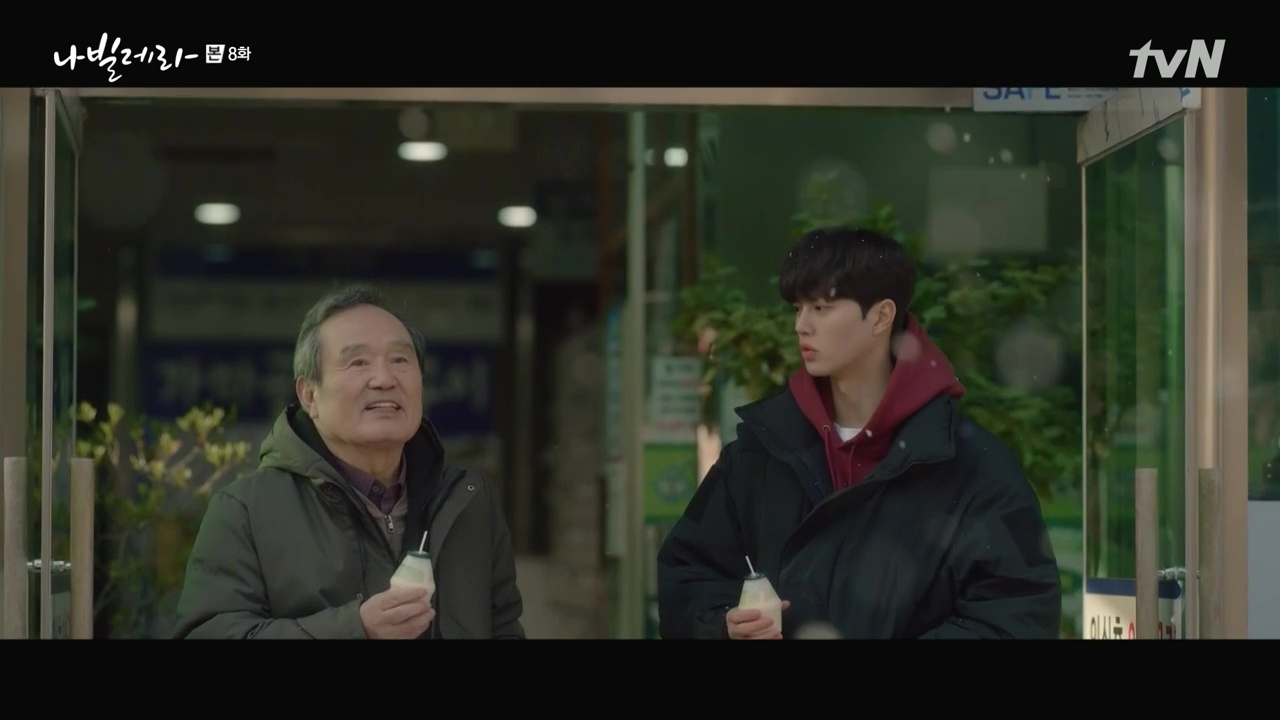
Navillera
Finally, there are our stories about elders. Mostly these characters are sandwiched into other (usually family) dramas, but every now and then there’s a drama like Dear My Friends or the recent Navillera that puts its older characters in the spotlight. One step up from the baggage that mid-life characters usually carry, dramas about elders showcase characters with a whole life behind them, and all of the wisdom that comes from having lived long and experienced much.
So, accepting that the age of the main character affects our story, what sort of biases or preferences do we have when it comes to the stories we seek out and enjoy? I know for myself, I’m guilty of not being immediately interested in a story about a middle school sports team (and for shame, I know Racket Boys is great).
Similarly, dramas with an older cast — everything from Dear My Friends to On the Verge of Insanity — can be quickly passed off because of the age of the characters. Is this because we don’t think the story will give us what we need? Is what we need from a story dependent upon how well we relate to it?
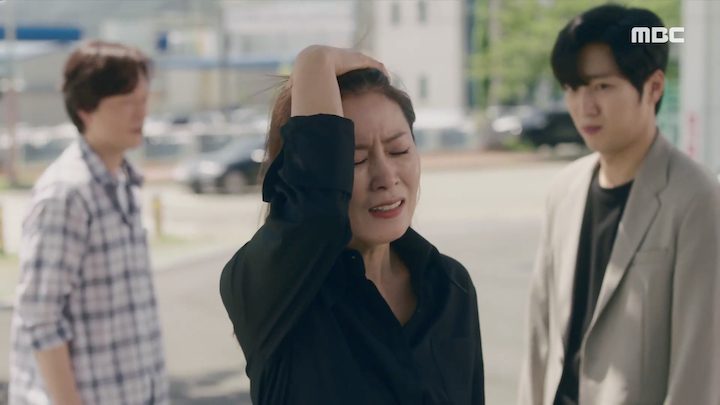
On the Verge of Insanity
My argument, I guess, is two-fold — and contradictory. First, that the age bracket of our main characters matters, and is a good metric that determines the story that we get. And second, that it might not matter as much as we think. How’s that for drama logic?
I don’t think that stories are necessarily more relevant to us when they match our life stage or circumstances (although that’s sometimes true). Instead, I like to think that we sense — instinctively — whether the story we’re offered will contain something that speaks to us. And what is that something? Well, that’s different for everyone, and even different for us at times.
While the storyteller and storytelling are important, they are not the end all. In fact, sometimes it’s fun to experiment, and pick up a story with protagonists that you normally wouldn’t go for — no matter which end of the spectrum that is for you. In other words, while we can judge a drama by its cover protagonist and have a great ride, we can also reach beyond that, take a hold of a story that we might not usually go for, and maybe discover something new in the process.
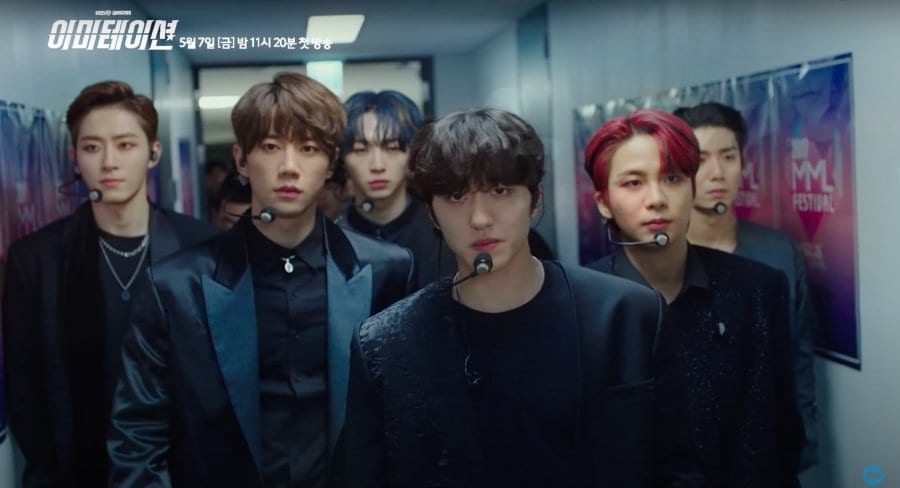
Imitation
RELATED POSTS
- Premiere Watch: On the Verge of Insanity
- Racket Boys: Episode 1
- Nevertheless: Episode 1 (Review)
- Mine: Episodes 1-2 (Review)
- Premiere Watch: Men Are Men, The Good Detective, Was It Love, Graceful Friends, Train
- Extracurricular: Series review, part 1
- Love is in the air for Lee Bo-young and Yoo Ji-tae in tvN melo When My Love Blooms
- Perfect happiness turns to utter emotional wreckage in A Couple’s World
- School 2017: Episode 1
- Friends, rivals, and training sessions in Weightlifting Fairy Kim Bok-ju
- The women of On the Way to the Airport and a new teaser
- Dear My Friends: Episode 1
- Interviews with Cheese in the Trap’s cast (Part 1)
Tags: A Couple's World, Cheese in the Trap, Dear My Friends, Extracurricular, Graceful Friends, Mine, Nevertheless, On the Verge of Insanity, On the Way to the Airport, Racket Boys, School 2017, Weightlifting Fairy Kim Bok-ju, When My Love Blooms
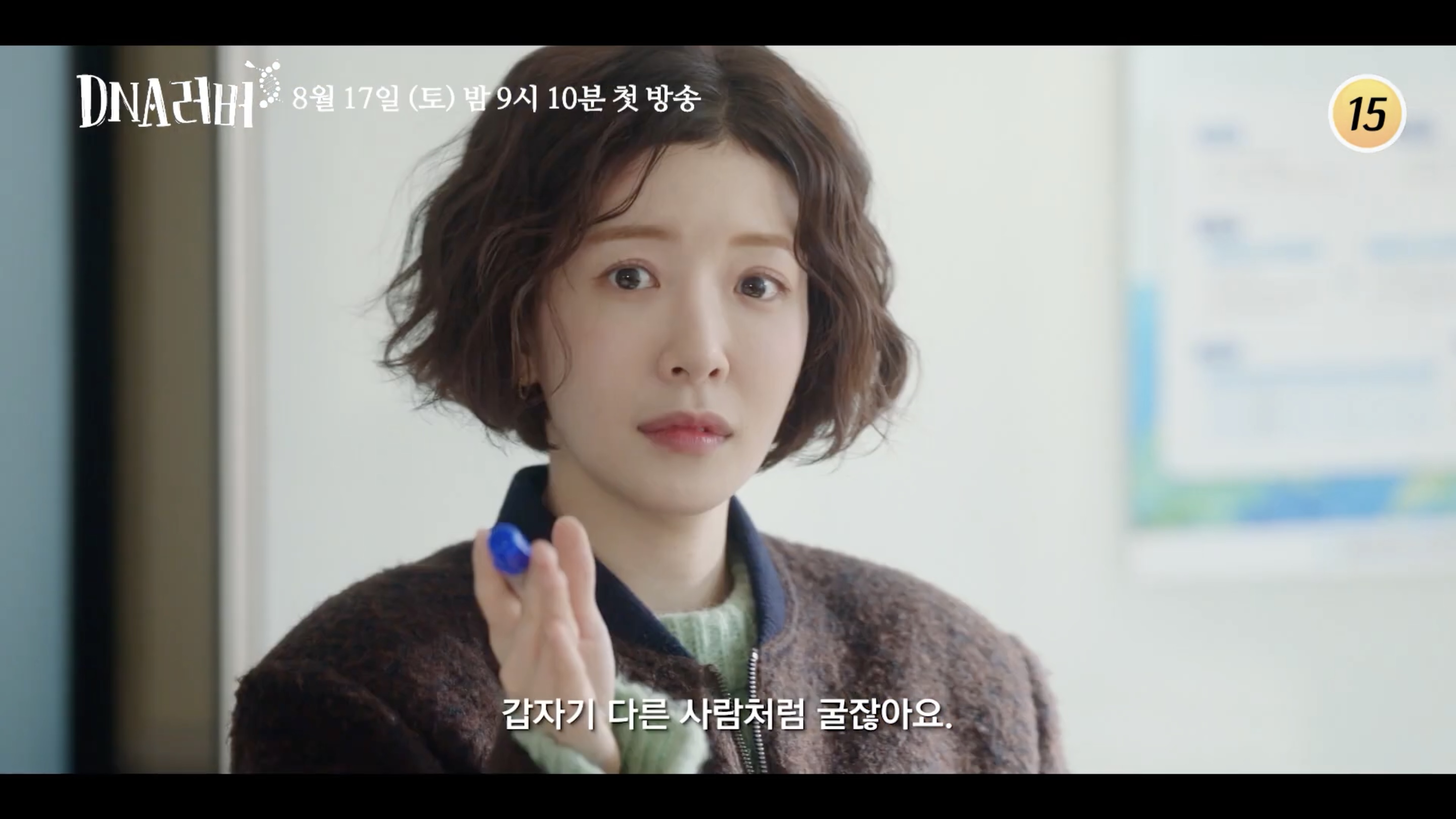
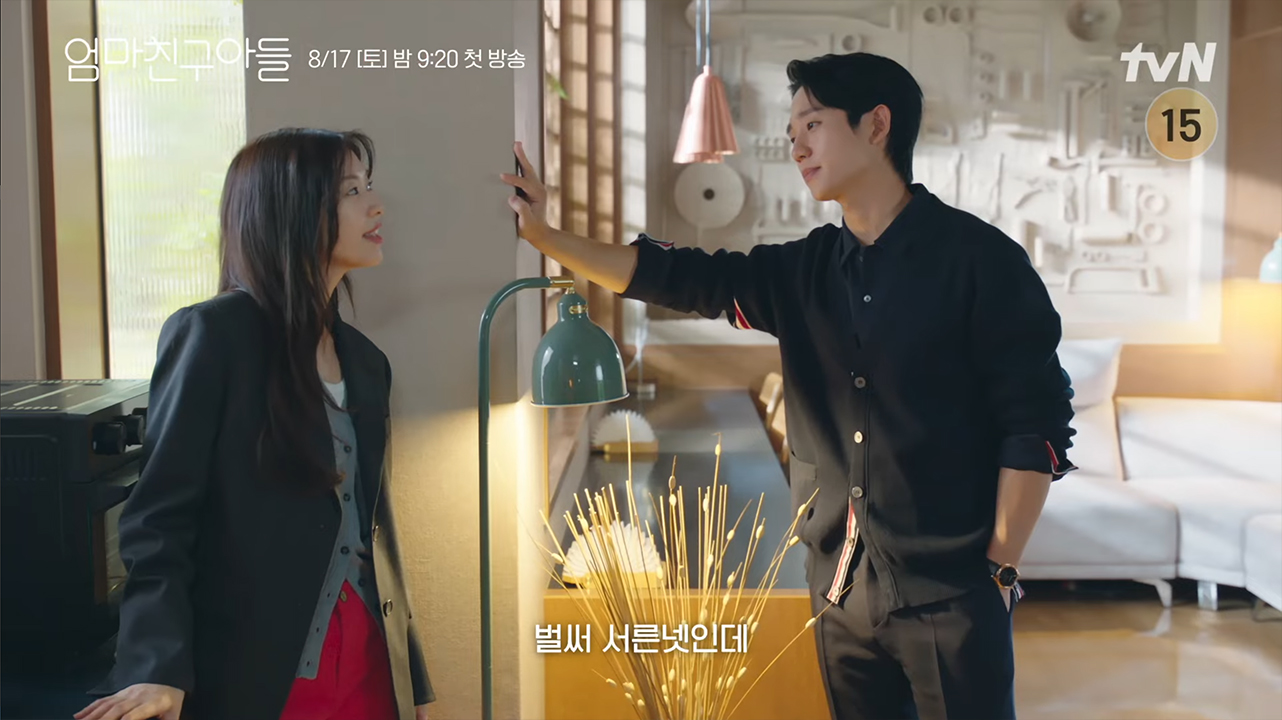
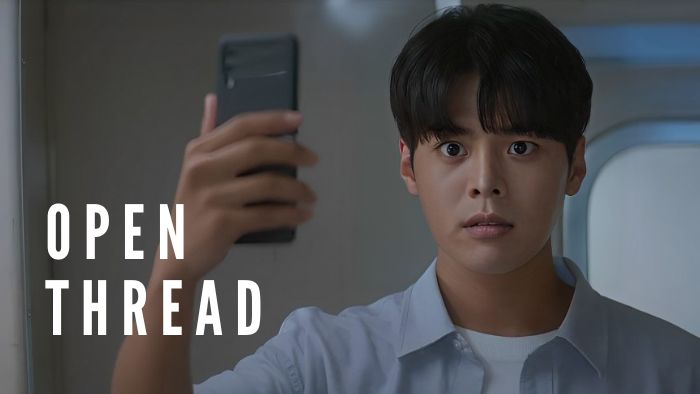
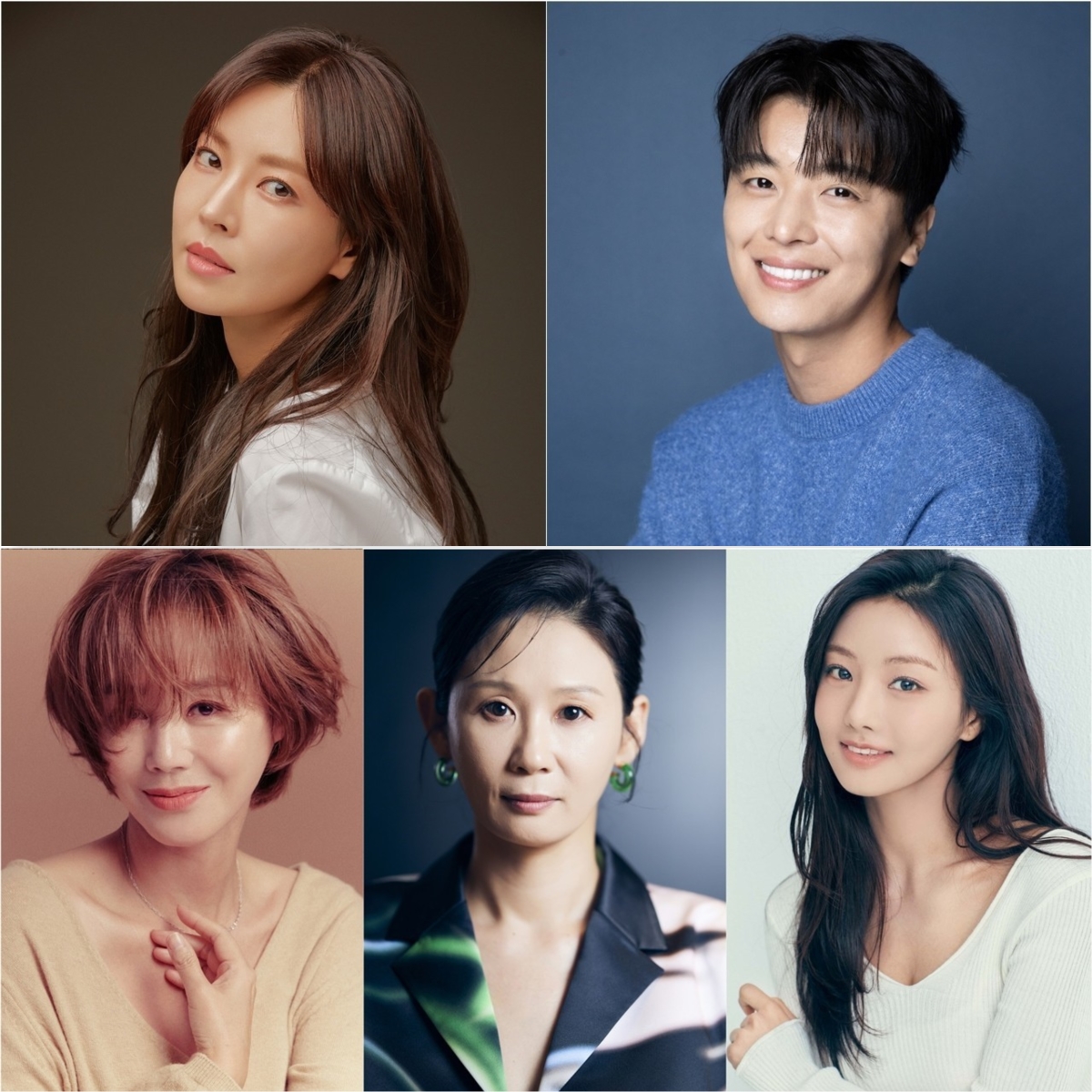
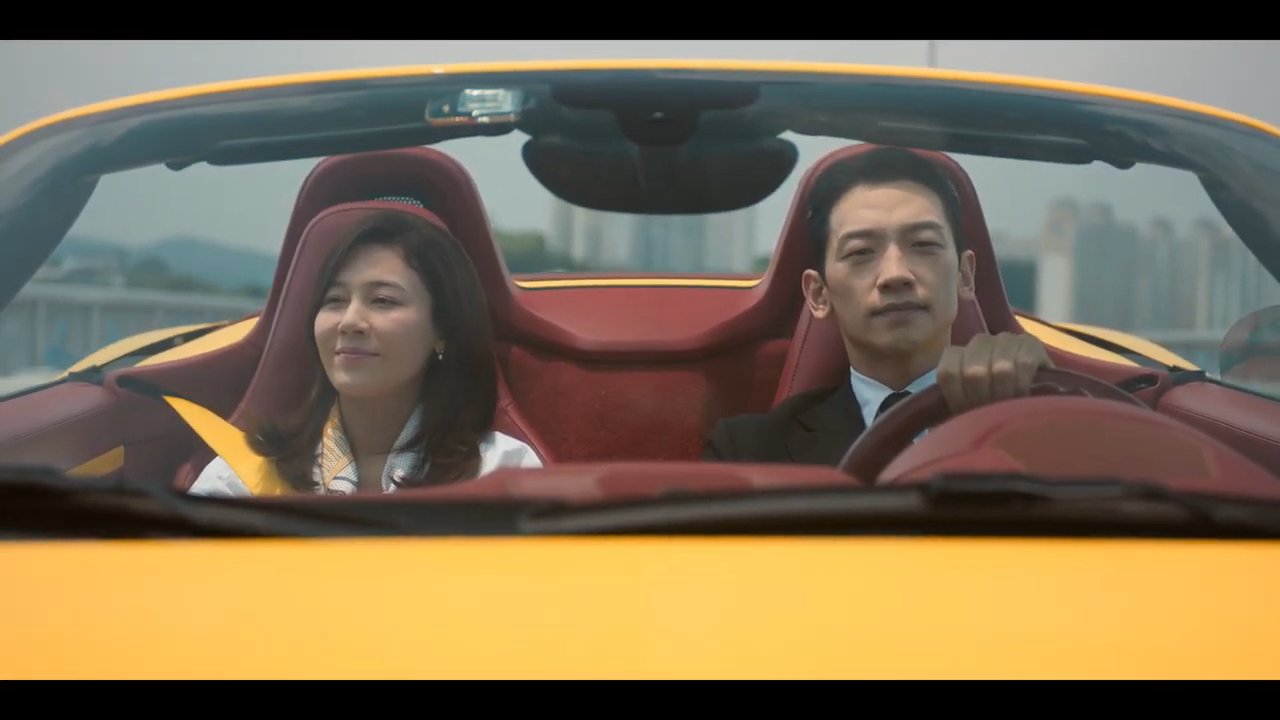
![[Cast Away] A conwoman is possessed by an upright politician](https://d263ao8qih4miy.cloudfront.net/wp-content/uploads/2023/09/castaway_header1.png)
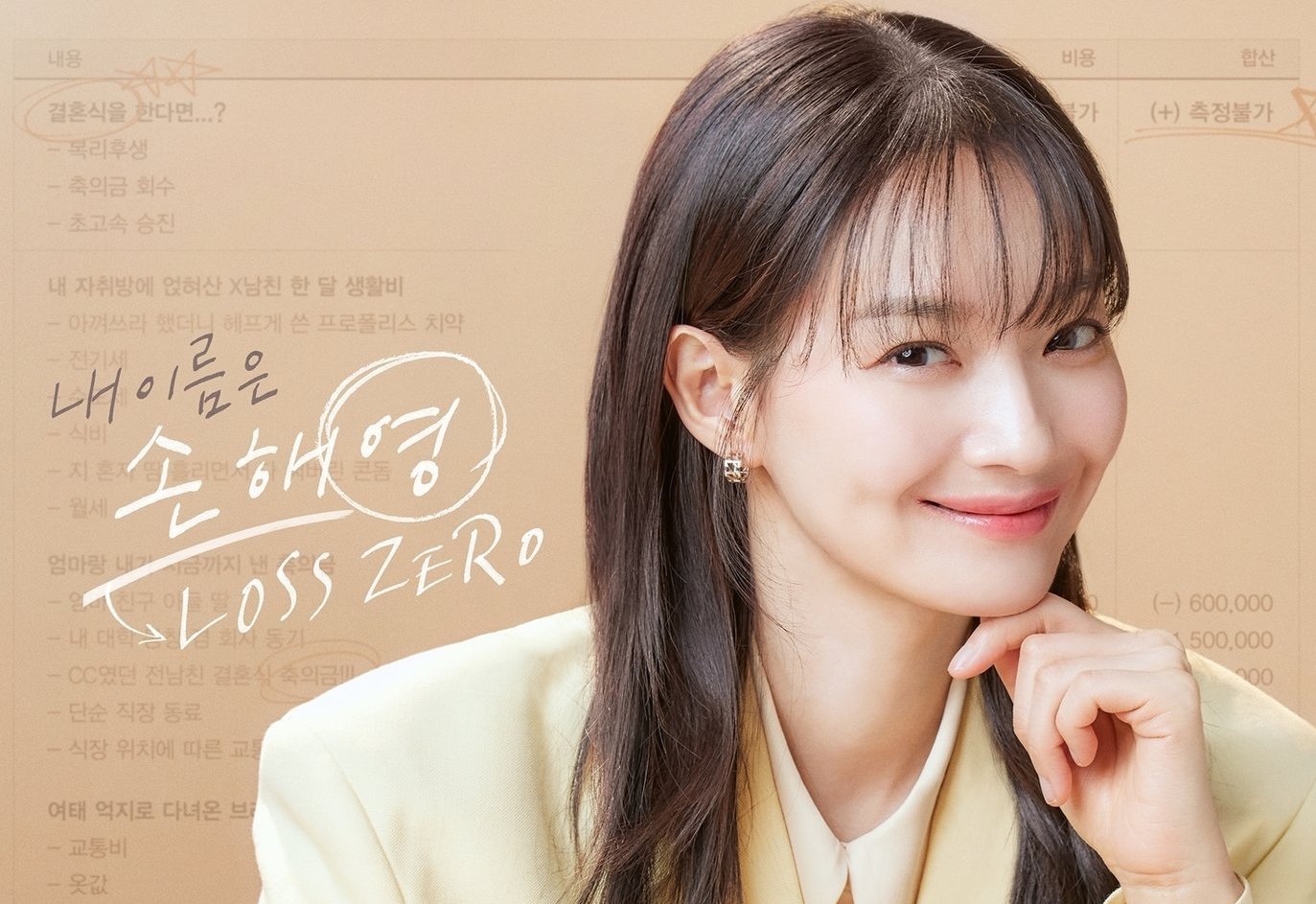
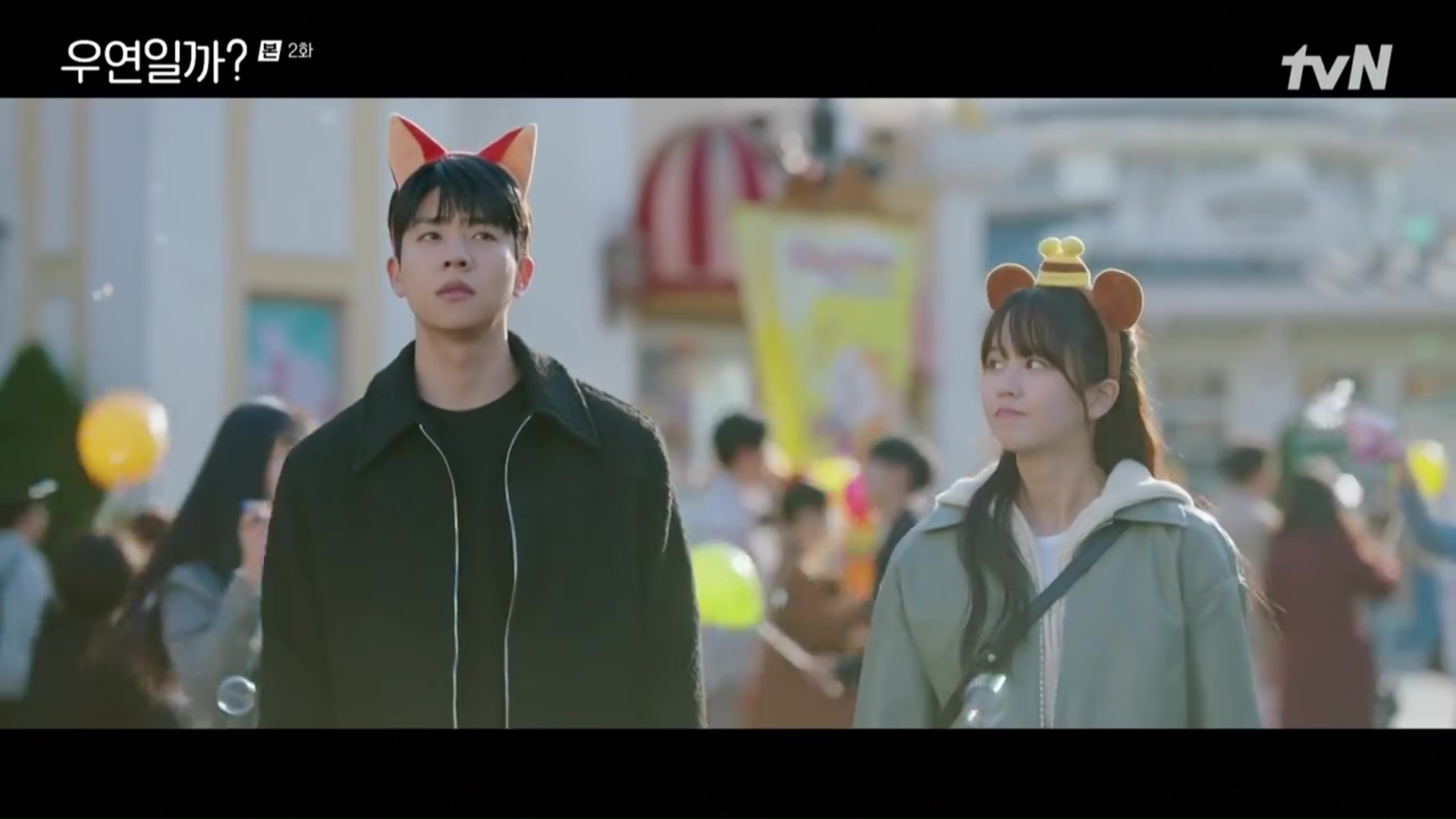
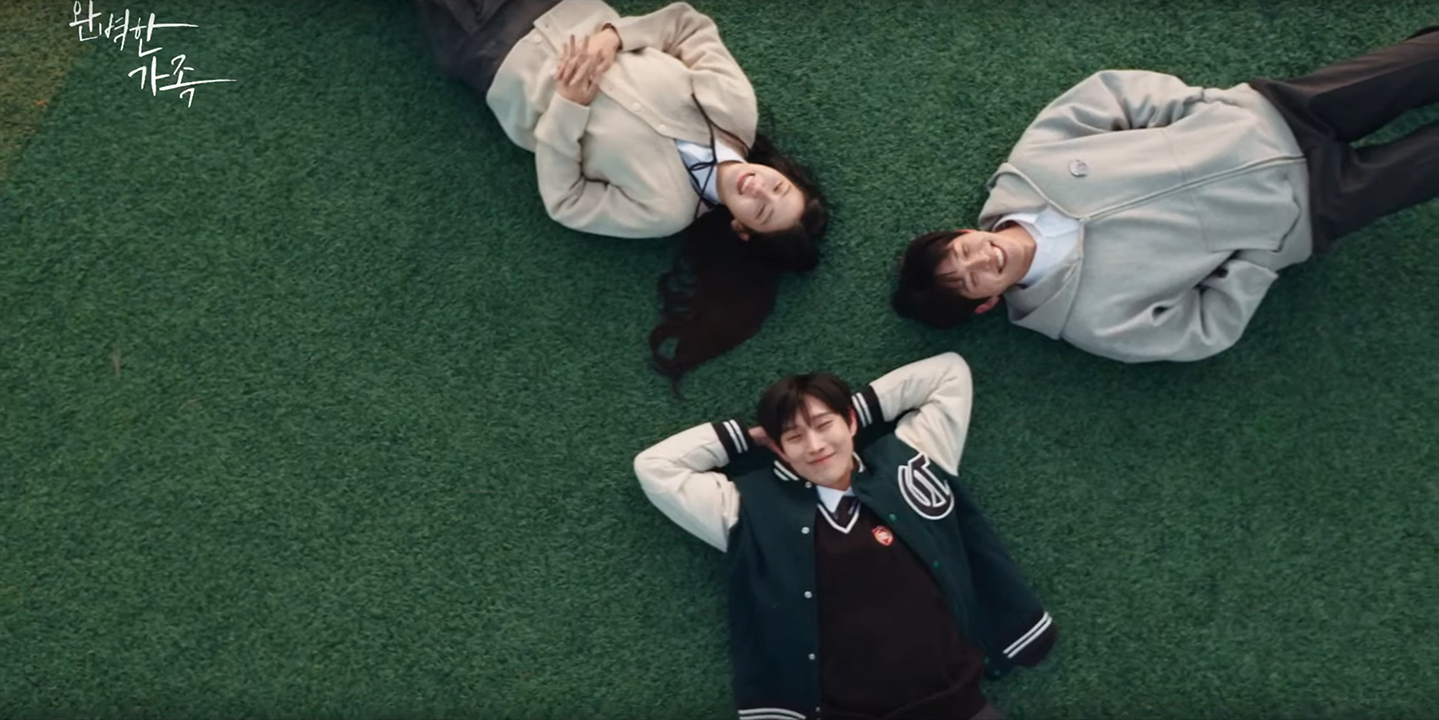
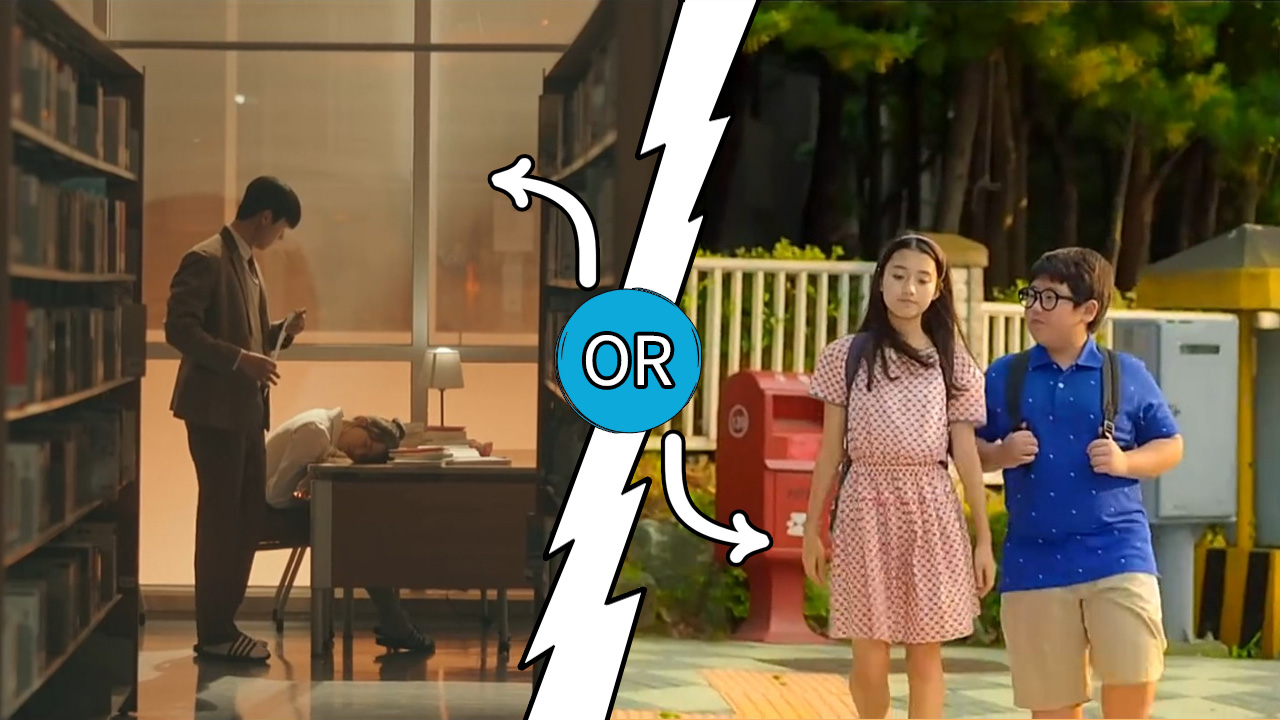
Required fields are marked *
Your email address will not be published. Required fields are marked *
1 Scottie
July 27, 2021 at 1:03 PM
What makes it easier to tell stories for the 20 - 30's age group is that at that age people are free enough to make choices for themselves. They have usually acquired a skill, have a job and income that makes them largely independent, have a degree of emotional maturity and can take responsibility for their decisions. As a writer, it is easier to put some conflict in their way, because they will be able to cope and dig themselves out of sticky situations. The viewers will know that, too and trust that all will be well in the end.
Still, my favourite dramas are not in this category, with Extracurricular, My Mister, Graceful Friends and Imitations top of the list!
Required fields are marked *
2 Bob
July 27, 2021 at 1:04 PM
I suspect K-dramas are compelled to work around the universal draft in S. Korea. You've got college girls and their boyfriends. Then you've got 29 year olds and their boyfriend. The gap between those two? The boyfriend has disappeared into the military or has recently emerged and is struggling with initial employment. That's an awkward time to set a romance in.
Another factor with age is the abiding popularity of actors. If you want a drama with Jung Nara or Lee El or Yoo In-na or Song Ye-jin or Doona Bae you're simnply going to have to make the characters around 40.
I get a thrill when I see an older actor getting a juicy role. The best thing about 'The K2' was the villainess Choi Yoo-jin. The best thing in 'Misty' was the TV anchor g- Hye-ran.
Required fields are marked *
Bob
July 27, 2021 at 1:06 PM
(sigh) Apologies for my bad typing skills. That last name should be Go Hye-ran, of course.
Required fields are marked *
Kafiyah Bello
July 27, 2021 at 1:29 PM
Ah K2, terrible terrible drama, but my God did Choi Yoo Jin SHINE.
Required fields are marked *
3 Kurama
July 27, 2021 at 1:22 PM
Personally, I don't really care about the age, I like all the different phases. But sometimes, the age and the way act the characters don't match. We often have "chaste" or "childish" romance between grown-ups.
Required fields are marked *
Lavie
July 28, 2021 at 12:12 AM
Why can't adults have chaste or childish romances? Not everyone has the same level of maturity. There are plenty of 30 and 40 something's who are still teens at heart and have never ever dated and don't even know how to interact with the opposite gender. There is no such thing as 'act your age' and 'immaturity' that's just violence to force you to conform to 'adult' norms. Most people never grow up but are forced to by society. Innocence is a virtue and not something to belittle. Adults can also be innocent there's no rule it only applies to children.
Required fields are marked *
Kurama
July 28, 2021 at 12:20 AM
When the story is clear about that, I don't mind. But sometimes, the actions of the characters don't match their past. They are given a certain background but suddenly they become super shy and act differently.
Required fields are marked *
KimDewdrop
July 28, 2021 at 12:54 AM
Should I say Crash Landing on You? Oops, I said it out too loud!
Required fields are marked *
Kurama
July 28, 2021 at 4:06 AM
Lol
For that, Son Ye-Jin was great in Pretty Noona. I really liked how this drama portrayed intimity in a couple.
welh
July 28, 2021 at 7:22 AM
In her interviews and BTS, SYJ said she kept her Noona character as an immature mid-30s career woman seeking independence from cultural norms because she felt it represented this class of Korean women, including herself. The show got some flack for her character decisions and the ending, but SYJ did not waver on how she wanted to show her character. In retrospect, Noona holds up better than some more recent attempts to tell this kind of story.
It will be interesting to see if 39 is a continuation of this theme.
Lavie
July 28, 2021 at 1:34 AM
So what's wrong with that? The background is never revealed in depth so how do we know they weren't childish in those relationships? Nevertheless to me is completely unrelatable because college was never like that. It was cute and innocent and even people who dated didn't go around making out or sleeping together. They held hands and went on dates and generally were very Disney in their dating lives. Even my friends who are now married are very innocent and rarely kiss or sleep together. It's completely normal for people to be like that. Most people want an innocent and pure relationship with hand holding and warm hugs. There is nothing not 'adult' about it. Those who have kids don't even sleep together anymore even though they are still quite young or only sleep together to have more kids. They are often more childish than their small children. They just want to go out and have good food and watch movies that's it. This is also called normal adult life.
Required fields are marked *
am1993
July 28, 2021 at 11:58 AM
.... you can be childish and innocent, enjoy going out to the movies and good restaurants, AND also enjoy having sex with your partner (and not just for the sake of having kids).
In my experience, people tend to have very « Disney-like », cute and innocent relationships in public AND regularly have sex in private. Sex does not make a relationship any less sweet or « childish »...
When one has sex and with whom is a personal choice. There’s no shame in wanting to have sex nor in not wanting. I also agree that there are different kinds of romantic relationships.
However, kdramas seem to value chaste relationships ( in which the female character shows shyness and reluctance towards intimacy) much more. I don’t really like the kind of message its sending...
Martin J Simwaba
July 28, 2021 at 9:05 AM
Well personally, i think a "Childish" love is kind of special and lasts
Required fields are marked *
Andrea
July 29, 2021 at 12:47 PM
Same here! Just stick to one person one at a time. Don’t play around especially if you are married. Having sex with different partners is not ideal. People should be ashamed in wanting to have multiple partners.
Required fields are marked *
4 welh
July 27, 2021 at 1:36 PM
I think age matters more in formula driven shows like family weekenders where there are four age classes (children, young adults, parents and grandparents) who have to navigate through societal, cultural and family issues. In the West, many perceive age as just a number. But in an honorific society, age is baseline for respect and moral bearing.
I don’t think of age as a genre or an obstacle. I think part of the drama problem with age is miscasting in certain dramas. There is no doubt that there are certain actors and actresses who can realistically play a person plus or minus 15 years their actual age. Example, Jang Na Ra. Korean beauty mania makes stars seem ageless. But there is a paternalistic curse for actresses when they hit 40. They are no longer considered romanic leads. I read within the last year an actress with a long career who accepted the fact that in her early 40s, she would have to adjust to motherly roles instead of single, career women. She went to an audition only to find out that the mother role she had prepared for was wrong; the producer wanted her for a grandmother role.
Many other actresses have publicly stated that they fear reaching 40 as the offers they have been usually getting will dry up and their popularity will fall by the wayside. It is a sad state of casting that some fictional light switch is set to off for talented actors when they reach a certain age when in reality in life they have the same loves, likes, pressures and problems as 20 and 30 year olds.
It is also weird that it is more acceptable to have a noona romance than a story of a much older male lead towards a much younger woman. It may be as simple as marketing toward a target audience. But there are many examples where age does not factor into the story because the story itself does not put age as critical plot element.
With networks and advertisers pushing for the next young, superstar to sell, the push to put idols into lead roles solely based on SNS popularity has not worked out too well. Trying to land a 20-something breakout star is like trying to find the goose that lays golden eggs. In most recent dramas, where the writing is weak and direction marginal, it takes an experienced and talented lead to literally carry the show to the finish line.
Talent and the skill to correctly portray a character is more important than an actor’s age. I would rather see an experienced actress in her early 40s appropriately play a romantic character in her early 30s than an inexperienced 22 year old trying to be an charismatic, experienced, 33 year old office wonderkind. As I said recently, it is really up to the actor’s agency to navigate through the offers to find the most appropriate roles to meet their client’s career goals instead of picking bigger pay days.
Required fields are marked *
5 ar_arguably romantic
July 27, 2021 at 3:09 PM
I wish there were more optimistic and happy rom-com dramas featuring actors and actresses in their 40s romancing each other and getting into funny hijinx instead of dealing with cheating husbands, unhappy marriages, and struggling with their teenage kids. I remember enjoying He Who Can't Get Married a lot. I'm a forever single in my mid-30s. According to dramaland, I should be a heartbroken women in about 5-10 years.
Required fields are marked *
6 chilipill
July 27, 2021 at 4:17 PM
I enjoyed reading the different perspectives in this thought-provoking article as well as the comments. Some of my favorite kdramas are masterful ensembles that highlight generational differences by virtue of having the characters interact in the same environment. Some are mentioned above but other examples are the melo Sky Castle with parents/kids and the romcom Drinking Solo with teachers/students. One group isn't simply a plot device to advance the other's storyline, but more brightly illuminate each other. Multiple characters of different ages in these shows resonated with me as complex people with conflicting feelings and motives. We see how they hurt each other while thinking they are doing their best to care for each other, within and between the generations. I could empathize with the struggles of both groups, as they juxtaposed with and played off each other, even though the show may not have been promoted this way.
Required fields are marked *
7 Mike
July 27, 2021 at 5:08 PM
One age related trope in k-dramas that I dislike is when they try to push the youthful 'first love' story onto older characters. You're the most beautiful woman in Korea, you're popular, successful, have lots of friends, plus you attend social gatherings where you tend to drink heavily, And you're trying to tell me Male Lead was your first kiss?
Required fields are marked *
8 immawish
July 27, 2021 at 11:02 PM
What a very nicely written article @missvictrix!
I had never really thought about the main character's age when I'm looking for a potential drama to watch, but I guess it indeed has something to do with that without me realizing it.
It has always been under my consciousness that personally when the leads are in their 40-50s, the drama will immediately pique my interest (though I don't always end up watching it because of *groans* the time). That happens as well with youth drama like Racket Boys or Just Dance (this one.. watch this one y'all) for instance. And I think it's because it has something to do with what was mentioned, how the youthful story offers something fresh, a problem that in their perspective seems like the whole world is about to end.
With mid-age dramas, it is usually an instant interest because again, like what was mentioned, usually has something different and a unique momentum of their (supposedly stable) life to be made a story in that age. I mean if someone is serious enough to make a story out of it, then it'll be one hell of a story, right?
While it IS the 20s-30s dramas that are very relatable and most often touch me very deeply, the very wide possibilities of the kind of stories they offer really make it harder to decide whether something is interesting enough. THEN, I tend to look for actors/actresses I enjoyed the most. Because even if the stories aren't as satisfying, at least watching those actors is enjoyable on its own.
So, I guess I tend to look for one hell of a ride of a story when I'm picking my dramas but turns out it has something to do with the character's age. And for me personally, I do watch a lot of dramas with the main character's around my age, but it's actually the youth, mid-age, or even the elder dramas that immediately pique interest.
Ps. love how Extraordinary you is labelled as dark when the vibe of that drama is as bright as sunshine but it indeed is a dark story lol
Required fields are marked *
Kurama
July 27, 2021 at 11:50 PM
She mentionned Extracurricular not Extraordinary You :p I think we can say that a highschool boy who runs a prostitution business is pretty dark theme :p
Required fields are marked *
immawish
July 28, 2021 at 12:21 AM
Lol i missread that !
Required fields are marked *
9 dramalover4ever
July 28, 2021 at 1:36 AM
For me, it's a combination of the actors and the themes that determine what I pick up, although some dramas surprise me. I would never have thought that I would have enjoyed Hot Stove League as much as I did, and there was absolutely nothing in it in terms of demographics that would have predicted it, but I'm eternally glad that I did not pass it over. I do admit, I prejudge according to age with some dramas. I'm more inclined to reject a school-based rom-com. Have not and probably won't ever watch Boys Over Flowers, but I loved Extracurricular for the darkness and for Choi Min-soo (coincidentally, if we are talking about age, but really talking more about the actor). I have not finished The Light in Your Eyes because I found it too harrowing, although I've promised myself I'll return to it one day, when I am feeling up to it (once again because of the actors). It's an interesting topic to think about, and something I'm constantly asking myself. What am I looking for in these dramas? What do I get most satisfaction from? Is it a story told from a certain perspective? I'm not sure. What gave me so much satisfaction from watching My Ajussi? The yearning. Yes, now I remember, it's the yearning and it always has been.
Required fields are marked *
10 YY Chats with Toast Between Bites
July 28, 2021 at 2:19 AM
Love, Marriage has a character, A-Mei the Mistress, who is 29 years old but acts like she is nine: she pouts, widens her eyes every five seconds, hops and skips like a show pony, claps her hands excitedly, bursts into tears readily, throws childish fits of tantrums, and wails, "Oppa..." between batting her eyelashes and giggling. This hapless, helpless CANDY overload drives me up the wall. @ayaan and I are baffled at this bizarreness which is described as "innocence" and "purity" and "sweetness" by the older, married lover. Just typing this makes me see red. What say you @hebang? Does she drive you up the wall, too?
Required fields are marked *
mindy
July 28, 2021 at 2:34 AM
A Mi isn't a Candy, though. She's a rich girl who hasn't struggled a day in her life! Don't insult Candys like that!
Required fields are marked *
miss h
July 28, 2021 at 8:59 AM
A-Mi isn't innocent, pure, sweet or a candy. She's just a manipulative rich girl with daddy issues.
Required fields are marked *
Jayne❤
July 28, 2021 at 9:46 AM
Candy does drive me to the wall, with eyes on the ceiling, for entirely different reasons. The Ami character though, is one with mental problem. She should be treated. Together with her older married lover doctor *I'm seeing red while typing this*
Required fields are marked *
11 seni
July 28, 2021 at 1:53 PM
I avoid dramas centering around an older cast because I fear them, it's a bit scary to see or accept the fact that there will come a time where I will be in their shoes and face their struggles. Also, I just get way too heartbroken over the smallest thing when the story makes me think of my parents.
But still I did sometime go into such dramas and they did not let me down as they gave me a lot to think about and good vibes (and yeah I did cry my eyes out too but I knew it was gonna happen).
Required fields are marked *
ar_arguably romantic
July 28, 2021 at 5:21 PM
I feel the same way too and have avoided Navillera. I'm glad those stories get made so I can view them once I'm older and can find comfort relating to the stories rather than fear what's to come.
Required fields are marked *